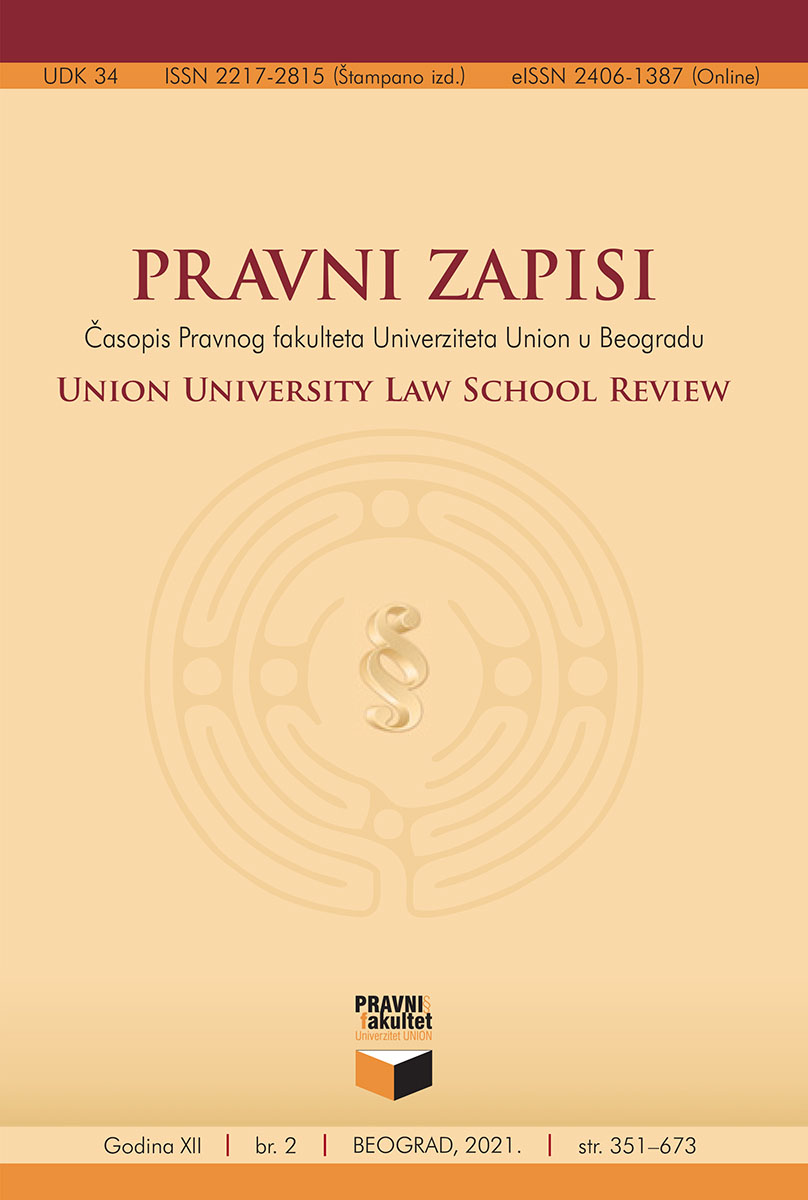Constitutional Design and Destiny of the States: The Weimar Constitution and the St Vitus Day Constitution in Comparative Perspective
Constitutional Design and Destiny of the States: The Weimar Constitution and the St Vitus Day Constitution in Comparative Perspective
Author(s): Dragoljub PopovićSubject(s): History of Law, Constitutional Law
Published by: Pravni fakultet Univerziteta Union
Keywords: Constitution; Weimar; St Vitus Day; Germany; Yugoslavia; comparison; developments
Summary/Abstract: The Weimar Constitution of 1919 and the St Vitus Day Constitution of 1921 were quite different in many aspects. Their comparison is nevertheless of interest not only because it shows some influences of the older one to the younger, but also for the fact that it displays the line of developments of the two countries – Germany and Yugoslavia. If considered from the standpoint of parliamentary government, territorial organization of the two states and some other features the analysis of the respective constitutional developments leads to several conclusions. The two constitutions had their initial shortcomings, but those did not belong to the same area of constitutional law. In Germany they concerned the horizontal separation of powers, whereas in Yugoslavia they belonged to the vertical division of power. Both constitutions under survey ended up in dictatorships. In both countries, attempts were made in the course of history to remedy the initial shortcomings or constructive errors of the two constitutions. In Germany such attempts were successful, which on the contrary was not the case in Yugoslavia. Germany therefore became a well-functioning liberal democracy, while Yugoslavia failed and disappeared.
Journal: Pravni zapisi
- Issue Year: 2021
- Issue No: 2
- Page Range: 396-417
- Page Count: 22
- Language: English

